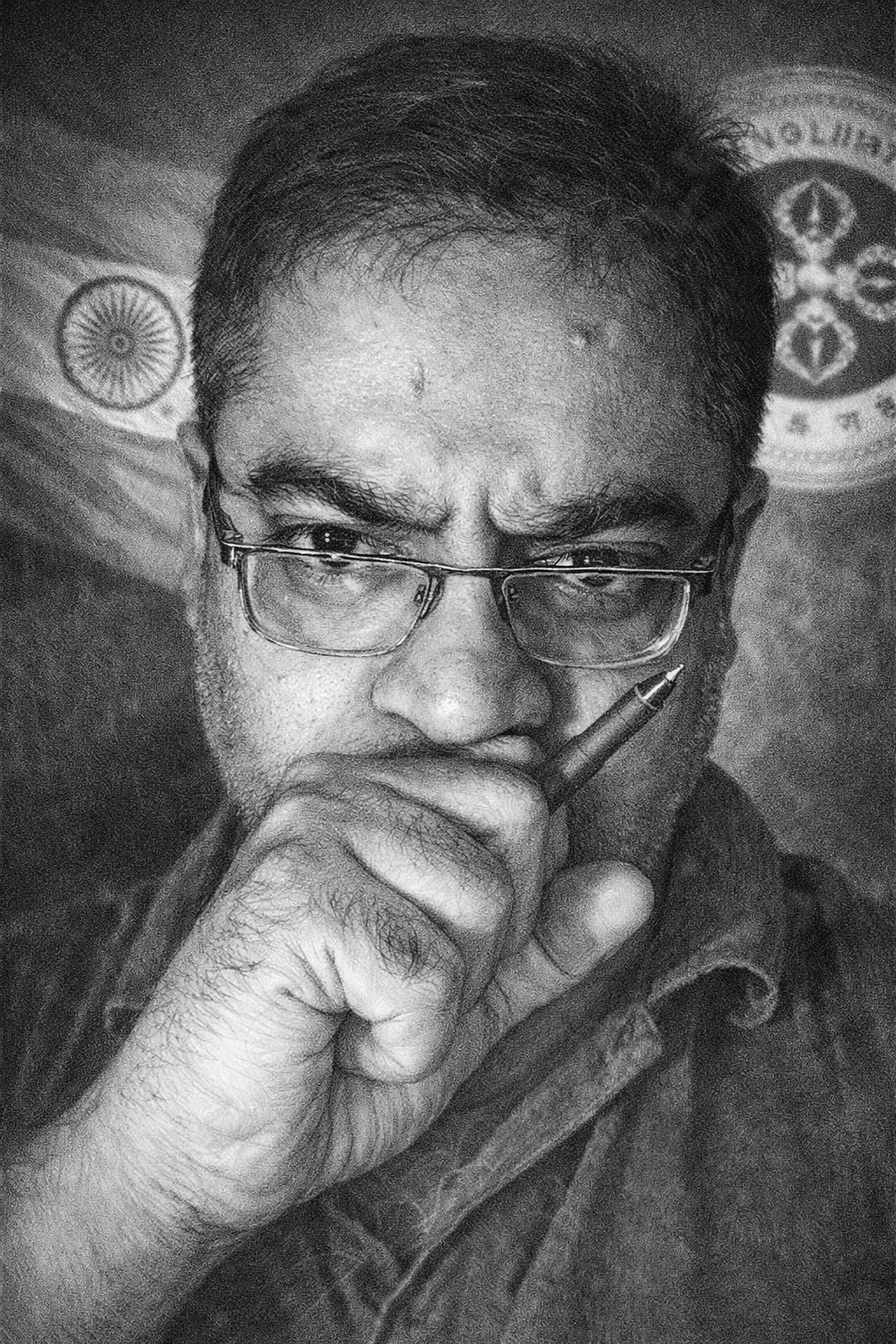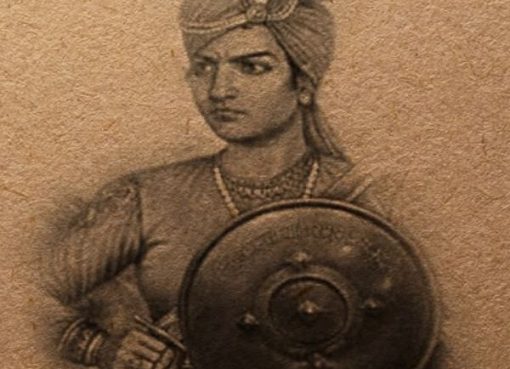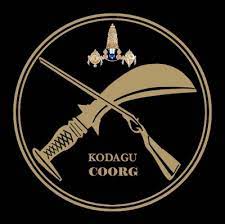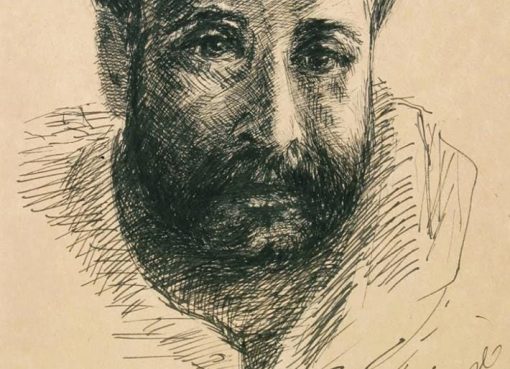The definition of Statecraft is quite simple; it’s wisdom in the management of public affairs but at the same time it defines statesmanship as well. Who is a statesman then? An individual who is a respected leader in national or international affairs. Now we move to another vital question who can be a statesman or how can statesmanship be earned. Some may term this as a tricky question but if the history of mankind is studied meticulously it’s no secret to many or most of ardent readers in addition to academicians that the same issue has been perturbing the chronicle of politics since the dawn of human civilization. How much are we familiar to this central subject? Not many but to ascertain more let’s concentrate on a single word – idiot. These days, it does delineate a person of subnormal intelligence. However, in ancient Greece it denoted someone who did not participate in politics and public affairs.
What’s most interesting such a phenomenon is not limited to ancient Greece only but also in ancient India where the foundation of Dharma and wealth rested on a cognizable notion of “Rashtra” or State. And the melioration or declination of a State does depend on the monarch; hence, the monarch has got to be moral, benevolent and also beholden at one fell swoop. This has been the cardinal standpoint of patrimonial Aryan Hindu political doctrine which goes even today unadulteratedly and surely would be the same even in the centuries yet to come. But who can be the apotheosis or astute individual to be the same and to preserve the dignity and also to better the same best. This is no easy job; sadly, we are devoid of any such these days in the national scenario but definitely had been legacy been preserved, abided by and hence, executed with rapt attention the situation would have been markedly different.
The legacy of Netaji Subhas Chandra Bose – trailblazer or path-breaker in every sense of the term. How? This question is neither unusual nor can remain unanswered. Yuktihina Bicharena Dharmahani Prajapataye Anyang Trinavat Padmajanmana – absence of valid reason impairs Dharma since it is no blind faith and if even Lord Brahma asks me to go on with any incapacitated argument, I would forsake him at once. Such has been the energy of Vedic principles enthusing this dissertation’s author to proceed further to accentuate Bose – truest liberator or “Prince among the Patriots” as defined by mahatma Gandhi – and his profound contribution for national independence, a struggle remaining beyond the purview of Indians in general thanks to age-old nefarious designs.
Personally, I have come across this question often – what could he been had he not joined the freedom struggle. Truly, the questions confounds many but if his innate nature, evolution and also contemporary (then) socio-economic scenario is studied painstakingly, it becomes certain that this would have been his only track – the sole path to tread.
Bose was born in an age when Bengal’s Renaissance with its intrinsic radicalism was in full esteem, strengthened by the Call of Faith by Swami Vivekananda, conjoined by indigenous spiritualism and certainly, the martial prowess or Masculine Hinduism as propounded by Swamiji himself throughout his own life. The decade of 860s is memorable for to us for two essential aspects. While on one hand it witnessed the upsurge of Brahmo Samaj, on the other hand it was also the time of Hindu Mela, formed under the aegis of Acharya Rajnarayan Basu, Sri Nabagopal Mitra, Sri Priyanath Bose and along with a few others the Tagore family, especially Sir Hemendranath Tagore, the third and prodigious son of Sri Debendranath Tagore.
(To be continued……)

শ্রী অনিমিত্র চক্রবর্তী হলেন একজন সাংবাদিক ও বিভাগীয় লেখক (columnist) এবং বেঙ্গল ভলান্টিয়ার্সের এক সক্রিয় কর্মী।






Comment here
You must be logged in to post a comment.